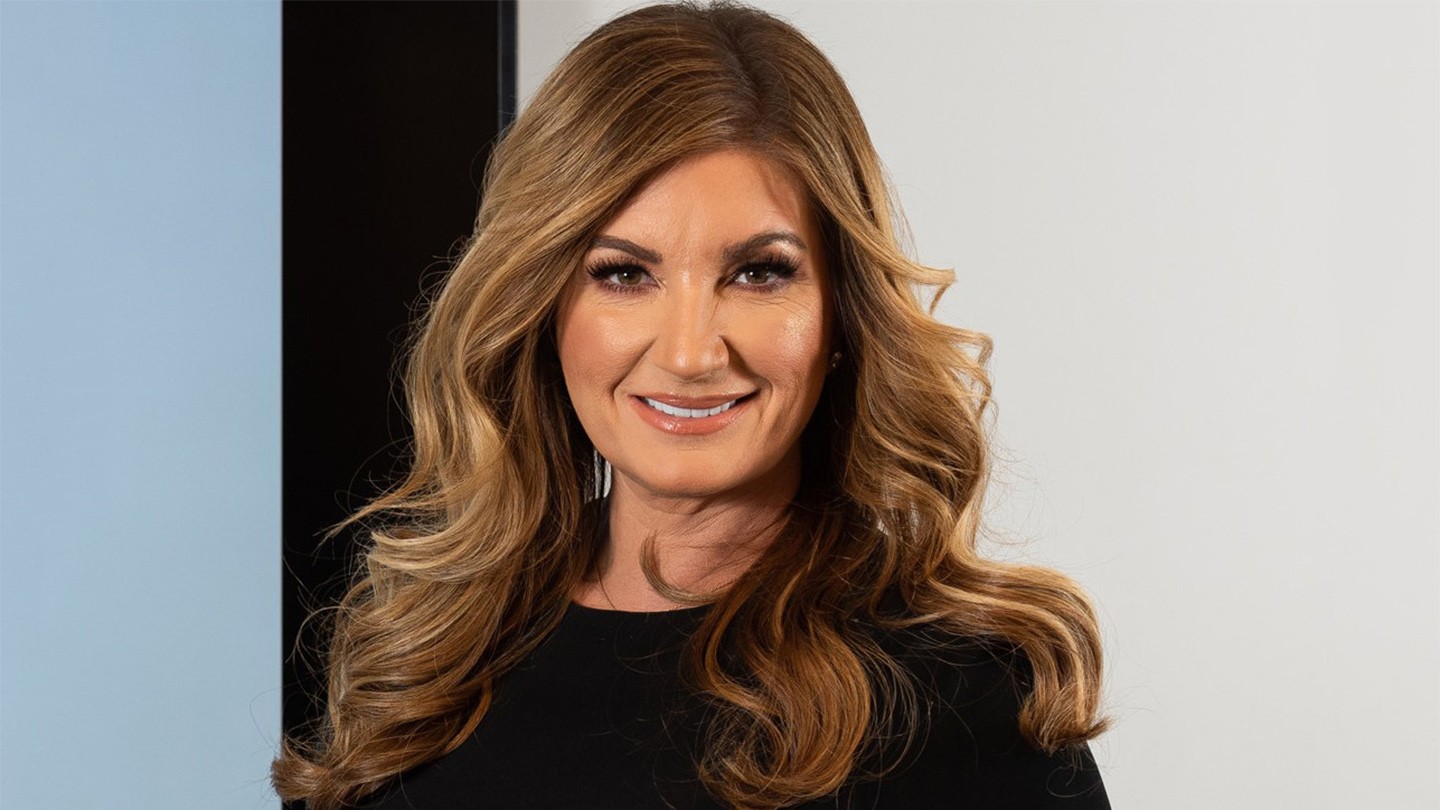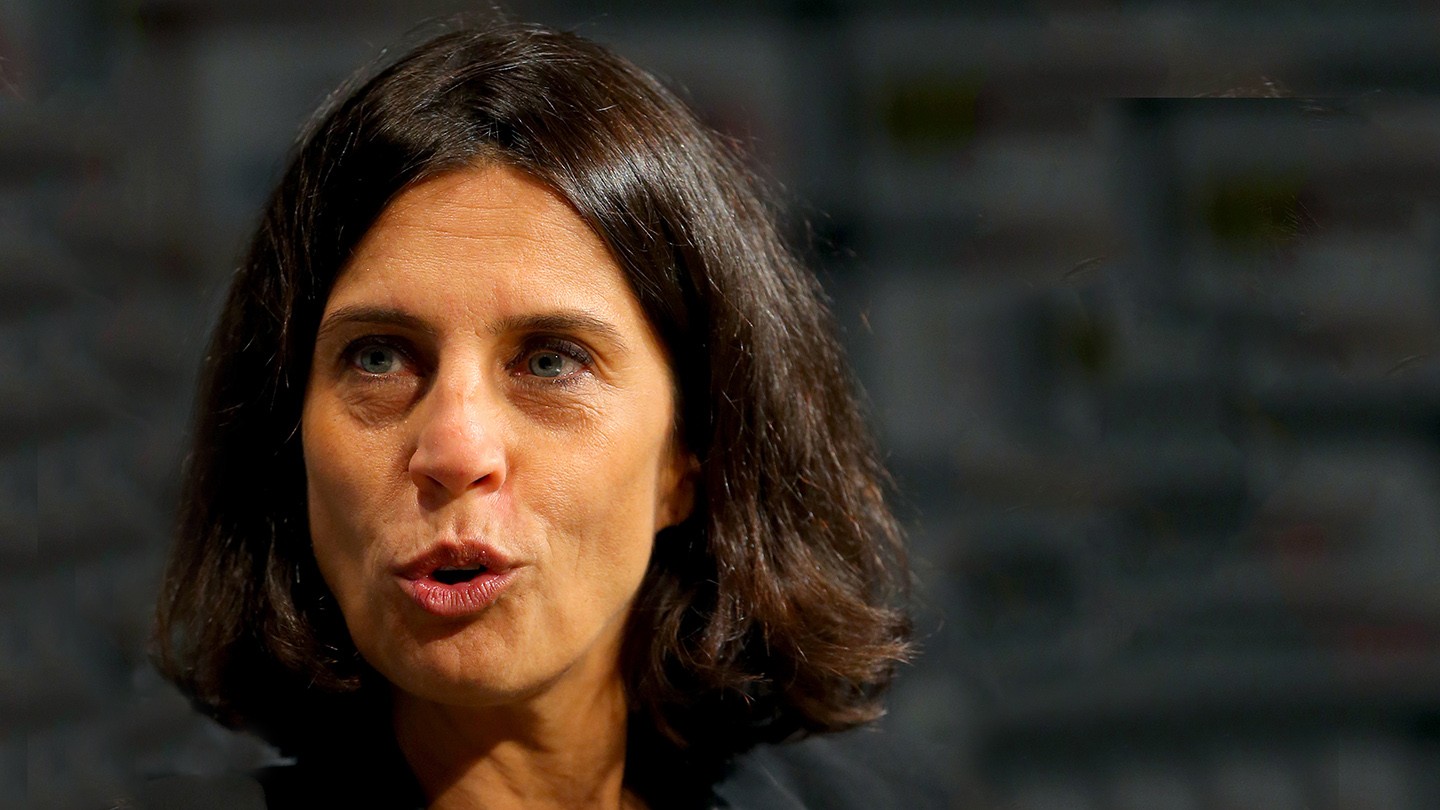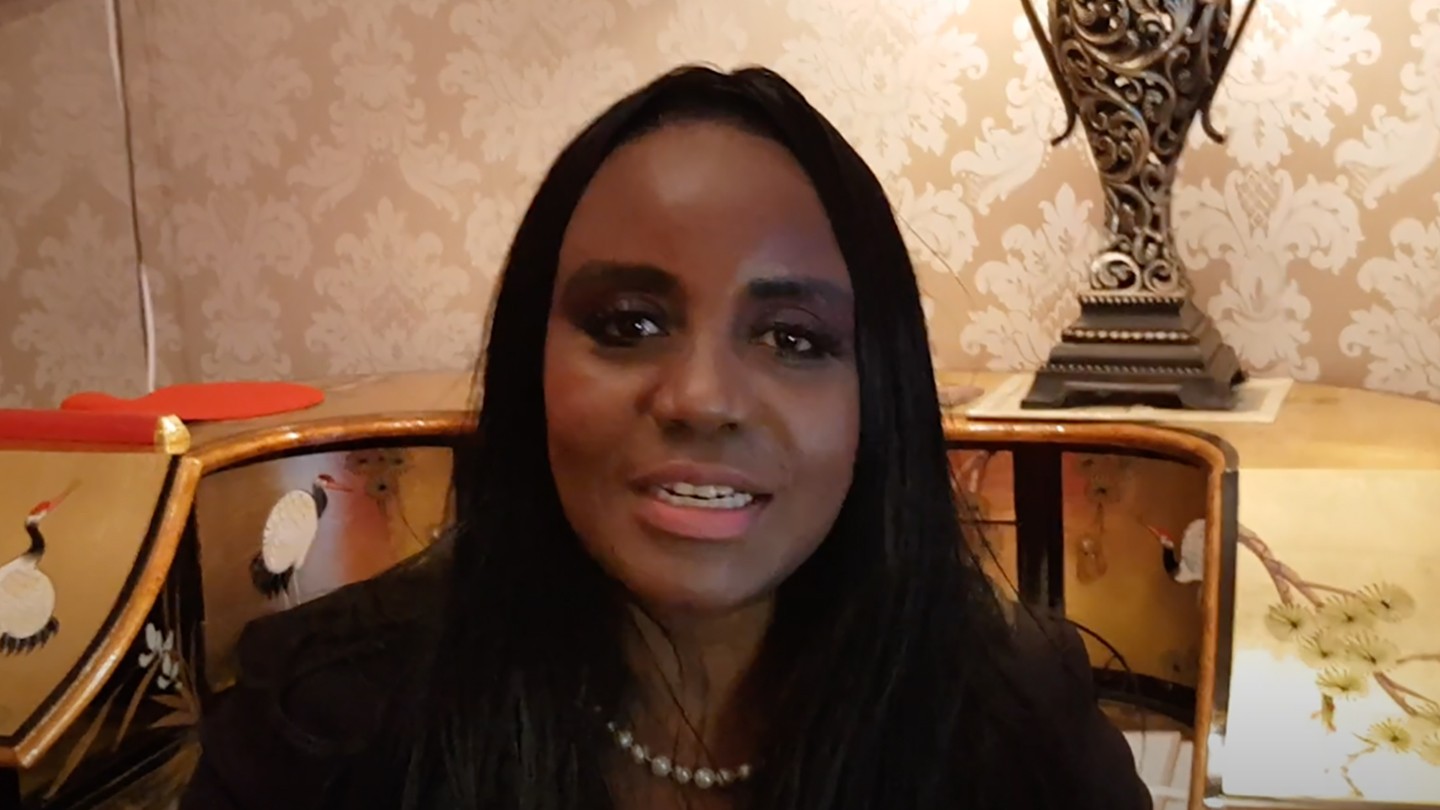
Impact
Boosting female entrepreneurship during COVID-19
The pandemic has made young women even more determined to start a business, according to a recent Barclays LifeSkills report. Here a panel of experts – Baroness Karren Brady, Women in Football’s Ebru Köksal and the Federation of Small Business’ Diana Chrouch - explore the landscape for women-led businesses, and what it might mean for UK economic recovery.
Fear of failure is of the key issues holding women back from starting their own businesses, according to Baroness Karren Brady CBE.
Speaking at a panel event hosted by Barclays, the Vice Chairman of West Ham FC said: “Everybody has a great idea for a business, but they don’t know how to go about setting that up into a viable business that can actually be sustainable.”
Nobody knows everything when they start out – I certainly didn't when I started running my first business at 23 years old. The point is that you understand what you don't know along the way and are prepared to fill the gaps
Vice Chairman of West Ham FC

Baroness Karren Brady says those who want to start a business should “go for it”
In the face of uncertainty, self-belief and determination are the key ingredients of entrepreneurship. “Nobody knows everything when they start out – I certainly didn't when I started running my first business at 23 years old,” she said. “The point is that you understand what you don't know along the way and are prepared to fill the gaps.”
Ebru Köksal, Chair of Women in Football and Senior Advisor at J Stern and Co, said that her impressive career had been a “rocky road” rather than an easy journey – and pointed out that failure didn’t necessarily mean disaster.
Reflecting on her career challenges, she said persistence, resilience and a willingness to learn had been crucial. As an example, she cited the difficulties she encountered when, four months after becoming the first female General Secretary of the Turkish FA, she lost her job.
“The way I managed to get out of that difficult period was to go back to learning,” she explained. “I had never had any mentors, any coaching, any leadership training so I went and took an ‘authentic leadership development’ course at Harvard Business School, which changed my life.”

Building a network is crucial for women in business, says Ebru Köksal
Building a network, for me, has been wonderful over the years – not only expecting something from it but investing in it and always offering help as well
Chair of Women in Football and Senior Advisor at J Stern and Co
The course helped her recognise what she had learned from her ‘failures’ and became the inspiration for her next project – a FIFA leadership course designed to support women in the football sector.
“It made me realise that all my experiences over my 20-year career were actually worthwhile to talk about for other people, so my mistakes could become somebody else's salvation.”
How to grow your network as a woman in business
An important part of building a business is collaborating, and all three panellists at the event - hosted by Barclays' Hannah Bernard - highlighted the importance of building a strong and supportive network.
Köksal, who has taken on an extensive range of leadership roles in both finance and football, highlighted that having an excellent team was key to success: “Every time I took on a new project, it was important is to surround myself with capable people who knew more than I did.
“I was comfortable leading them because I knew that as a team we could always perform much, much better. Building a network, for me, has been wonderful over the years – not only expecting something from it but investing in it and always offering help as well.”
Diana Chrouch, Chair of National Policy for BAME business for the Federation of Small Business, described herself as a “prolific networker”. She said this approach has been essential to running her marketing consultancy, Chrouch Consulting, for the last 15 years – but added that connecting with others means more than “throwing business cards around like confetti”.
“You don't need to be an A-type personality who can walk into a big room and shine,” she explained. “You're looking for authentic relationships with people. Sometimes, those relationships don't always help with your business, but you can meet some real gems that can. I've developed friendships as well along the way and they are just as valuable.”
This is even more important during the coronavirus pandemic, when entrepreneurs may be feeling more isolated than usual. She added: “I've found reaching out to other people, so that I wasn't just living in an echo-chamber in my own head, has been a really effective, useful way of pulling myself out of that rabbit-warren.”
Brady offered her advice to women in business looking to build their networks at events, reminding aspiring female founders that “people do business with people”.
“The first thing is to be interested – listen to other people. The other thing is to be interesting! Have a few things that you want to say about yourself, that other people want to listen to, as opposed to treating it like a pitch of some kind.”
Challenging stereotypes
“I think it's self-evident that the whole economy becomes more successful if we can all take part equally,” said Chrouch, reflecting on the importance of diversity and inclusion in business.
However, many female founders are still grappling with gendered stereotypes in their industries – and the pandemic may have exacerbated the challenges they face.
“During COVID, at Women in Football, we conducted a survey among our 4,000 members from the UK and abroad about the impact of the pandemic and 78% of the women who replied to the survey said that their organisation treated men differently during the pandemic,” says Köksal. A further 75% said they had either directly experienced or witnessed these anomalies.
You don't need to be an A-type personality who can walk into a big room and shine. You're looking for authentic relationships with people
Chair of National Policy for BAME business for the Federation of Small Business and Director of Chrouch Consulting

Diana Chrouch says business is about “authentic relationships with people”
This discrimination makes the business landscape difficult to navigate, leading to situations where entrepreneurs are “battling with different layers of expectations of how you can make your voice heard,” said Chrouch.
“There is some particular stereotyping that goes on around women. It’s not the same for all women, though. For black women, important business skills such as being articulate and assertive are often treated negatively and dismissed as aggression. I think it's very unfortunate that women and women of colour have to feel like that.
“It’s about learning how to be effectively assertive as a woman, because it's a skill. There is absolutely nothing to be gained by not learning how to be assertive.”
Brady agrees that it’s important to take action against these out-dated assumptions. “People are frightened to say, 'I'm ambitious' because we tend to think that ambitious people are ruthless people and that's not true at all,” she added. “Ambition is that fire inside of you that drives you to never settling for anything less than what you want – and it's true that if you don't champion your career or your idea or your business, no one will do it for you.
“I think the most important thing about working in a very male-dominated environment – in any environment, actually – is to hold your own, to not put up with anything that you're not comfortable with and to stand your ground.”
First steps to business
According to LifeSkills research, more than half of the UK’s aspiring female entrepreneurs say that the pandemic has made them want to start-up their own business. But, understandably, there are some concerns about taking what Köksal calls a “bold decision” at a turbulent time.
One Facebook Live listener asked the panel if they thought it was “too late in the day to start your business during COVID”.
“If it is the right idea, then there is no wrong time to start a business,” answered Chrouch. “Actually, there's quite a lot of room to reach out to people for advice, because a lot of us are stuck at home.”
Brady added: “Life is short. You don't want to wake up at 52 or 51 and look back on your life and say, ‘I wish I would have’.
“The pandemic has been an opportunity to refocus and reset your business and your life. Think about what you want. When you wake up every day, what do you want your day to look like? What kind of people do you want to surround yourself with? What kind of business do you want to run?”
“The government does startup loans, Barclays does startup loans – there are plenty of places to go to take that first step. Get a mentor who can fill in the gaps that you don't know, do your action plan, set out a timetable and simply go for it.”